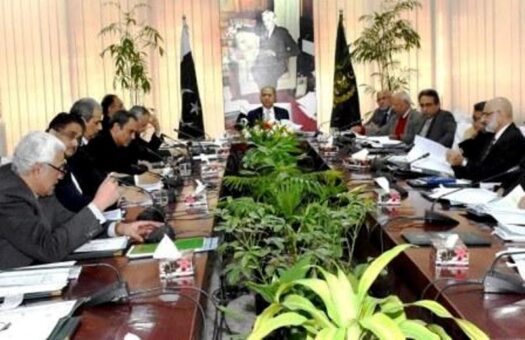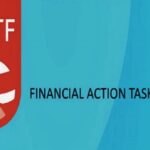ISLAMABAD: The Economic Coordination Committee of the Cabinet (ECC) on Wednesday approved waiver of all port charges against Karkey rental power.
Adviser to the Prime Minister on Finance and Revenue Dr. Abdul Hafeez Shaikh chaired the meeting at the Cabinet Division.
The ECC considered and approved waiving off all port dues/ charges amounting to Rs 194,95 million on January 31, 2020 or till the vessels leave the port accruing against Karkey.
The said waiver was required as a consequence of the settlement agreement reached between the Government of Pakistan and Karkey.
On the summary moved by the Ministry of Industries and Production for the payment of outstanding liabilities of Pakistan Steel Mills against Sui-Southern Gas Company for the non- payment of Gas bills, ECC approved the release of Rs.350 million for the partial settlement of the SSGC liability.
Establishment of Trust Fund to implement risk sharing facility under 3rd Tranche of US$10 million of credit line of US$140 million obtained from World Bank for Pakistan Mortgage Refinance Company Limited (PMRCL) was also approved.
The purpose of the Trust will be to leverage the Trust Funds by issuing guarantees in favor of the mortgagors to cover possible losses from eligible mortgage loans.
Finance Division also sought approval for the demand of Rs 80 million as Technical supplementary grant in the budget of the Finance Division for the Financial Year 2019-20 for providing assistance for families of the government employees who expired during service and provision of Adhoc relief allowance 2019.
ECC also approved the proposal sent by the Ministry of Finance for the issuance of direction of the Federal Government to the State Bank of Pakistan under sub-section 6(A) of the section 17 of the SBP Act 1956 to sell its shares in House Building Finance Company Limited (HBFCL).
ECC approved the grant of Technical Supplementary Grant amounting to Rs.100 million to National Information Technology Board (NITB) under the Ministry of IT & Telecommunication for centralized procurement of ICT infrastructure to ensure e-readiness of Federal Government for the implementation of the E-governance program.





